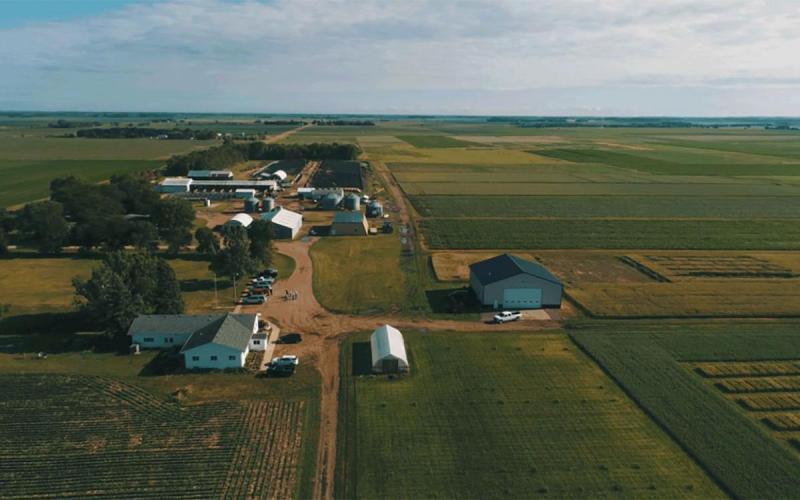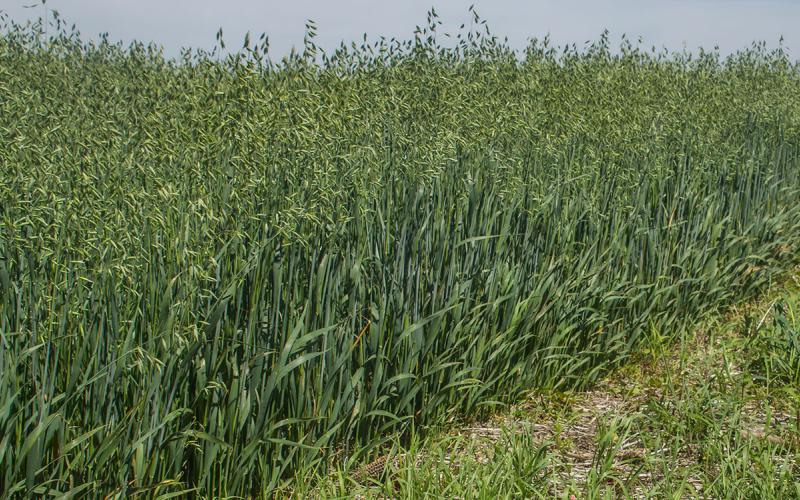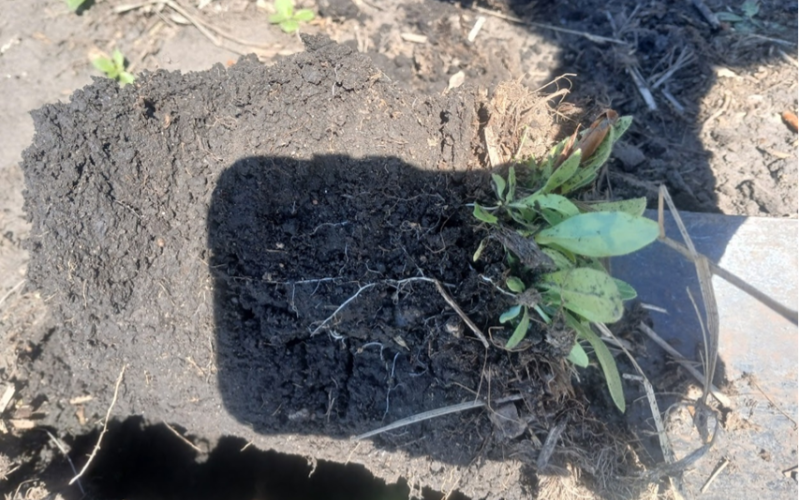Nitrogen (N) additives to control N losses through volatilization, denitrification, and leaching are widely used in the Midwest. Slowing the conversion of nitrogen fertilizers to nitrate may lessen leaching and denitrification losses if precipitation or soil becomes saturated. Urease inhibitors like Agrotain Ultra slow the conversion of urea to ammonia, lessening potential volatilization losses. Nitrification inhibitors like Instinct HL are designed to slow the activity of Nitrosomonas bacteria, which convert ammonium to nitrites; this may reduce the risk of N losses due to leaching and denitrification. Long-term yield and economic response to these additives is highly dependent on the amount and timing of precipitation events. Therefore, a winter wheat nitrogen management study was conducted to evaluate the influence of Instinct HL (nitrapyrin- nitrification inhibitor) and Agrotain Ultra (N-(n-butyl)-thiophosphoric triamide(NBPT)- urease inhibitor/volatilization reducer) on wheat grain yield.
Instinct HL and Nitrogen Management Effect on Winter Wheat Yield
Related Content

Jan
06 - 07
Southeast Research Farm Seminars @ Dakota Farm Show
Join SDSU Extension for a series of educational presentations during the Dakota Farm Show from January 6-7, 2026, at the USD DakotaDome (1101 N Dakota St, Vermillion, SD 57069).

Comparing Cover Crop Mixture Performance after Oats and its Effect on Corn Yield the Following Year
A research trial completed at the South Dakota Agricultural Experiment Station Northeast Research Farm comparing cover crop mixture performance after oats and its effect on corn yield the following year.

Effect of Camelina Cover Crop on Soil Health and Corn Yield
Study results focused on the effect of camelina cover crop on soil health and corn yield.